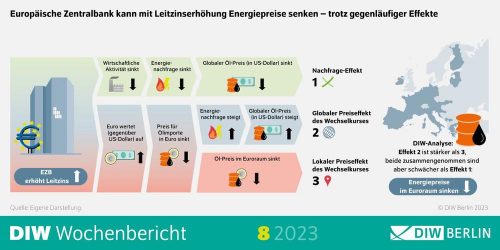Fact or fake? Important for the USA and for ESG
At first glance, the legal requirements seem simple: ESG criteria are supposed to be widely used in the evaluation of financial investments, where investment sustainability is assessed in addition to risk, return and liquidity factors. When it comes to sustainability, however, the availability of data is inconsistent: “Just a few years ago it was difficult to find any data at all”, said Sascha Werner, Portfolio Manager at Moventum AM. “Today, there are a multitude of ESG ratings, but they arrive at very different assessments.”
As a consequence, shares such as those of car manufacturer Tesla are faced with several valuations, which can vary considerably. “This is a question of systematics then: whether the company is being evaluated as a whole or if consequences of the products are included in the evaluation”, Werner explained. A car manufacturer tends to score worse, even or particularly if it uses batteries on a large scale. “When, as in this case, the positive consequences of electric cars through CO2 avoidance are included in the calculation, however, the rating will increase.”
There is a whole range of such different perspectives. “It is imperative for fund investors to stick to one rating and not to switch between ratings”, said Werner. It is only then that clear assignment is possible. It gets more complicated for portfolios that include funds from different providers. “Here it is necessary to develop a uniform concept and to find solutions, as it is seldom possible to compare different rating providers”, added Werner. For this reason, it is important for issuers of such portfolios or funds of funds to take a very close look at the ratings and then consider their different orientations closely.
“We are already seeing a market shakeout among providers of ESG ratings”, said Werner. It is therefore possible that a market standard will emerge in some time, though. “It is more likely, however, that some providers will stay in the market, as we can see with the traditional rating agencies.” In this case it will be necessary to be aware of the facts and their interpretation, because it is then that the ratings can be taken into account in individual investment decisions according to own systems. “Just as in ‚real life‘ and in elections, ESG ratings also show that it makes sense to wait for the data before drawing any conclusions”, noted Werner.
Additional information is available at www.moventum.lu.
Moventum Asset Management S.A. (Moventum AM) is a wholly owned subsidiary of Moventum S.C.A. The management company, in which Moventum’s asset management expertise has been concentrated since the beginning of 2019, manages Moventum’s own funds and individual mandates as part of its asset management portfolios.
As an independent financial service partner, Moventum S.C.A. is specifically addressing financial service providers such as financial advisors, asset managers, institutional investors, and NGOs. Its services in asset management and asset building include a web-based securities investment platform focusing on funds, relieving financial advisors of administrative tasks, and integrating custody and account management for individual investors. Investment management tools, regulatory-compliant reporting and individual securities services are also part of the full-service range. Standardised fund asset management service with a sustainable, successful track record for the relevant risk/reward profiles complements the offering. The Moventum Group also enables institutional investors to outsource securities processing in its entirety. The MoventumOffice investment platform offers access to more than 9,000 investment products including funds and ETFs from more than 400 investment firms, including the use of analysis, reporting and support tools.
Moventum S.C.A
12, rue Eugène Ruppert
L2453 Luxembourg
Telefon: +352 (26154) 200
http://www.moventum.lu
news & numbers GmbH
Telefon: +49 (178) 4980733
E-Mail: bodo.scheffels@news-and-numbers.de
![]()



